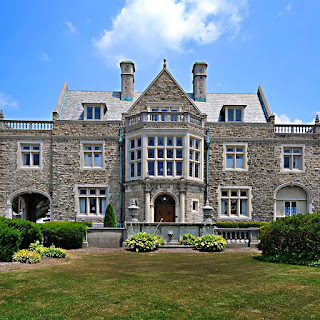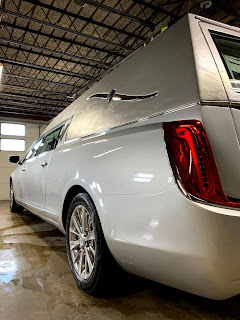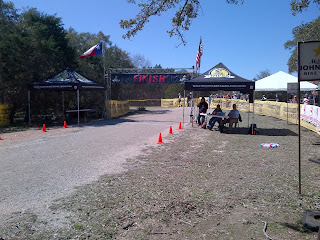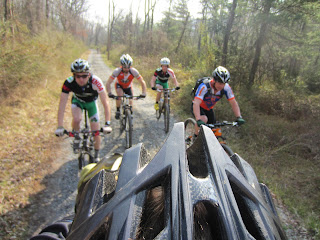What I Have Learned Working in The Funeral Service
As most of you, but not all of you, know I have worked at a funeral home in York Pennsylvania now for just over 6 years. I started working at the funeral homes in the fall of 2015 and have continued to work and grow with the firms, even to the point that I am currently enrolled at Pittsburg Institute of Mortuary Science in order to work towards earning my Funeral Directors License in Pennsylvania. I know I have not posted on my blog for a while, but I figured I would share my experiences so far and what I have learned (and no I am not going to share any gross or gruesome stories, that’s not what this is about).
How did I end up working at a funeral home? In mid-2015 I was living at an old farmhouse what was also for sale, and one day I just happened to meet the owner of the funeral homes I work at today while he was looking at the property. We began to talk and eventually became friends. As we talked and he learned that I was previously a volunteer firefighter and EMT, I work in security and loss prevention, and I had a Bachelor of Science in Criminal Justice. He believed I would be a good fit working at a funeral home and eventually recruited me onboard, and here I am today continuing to grow.
What are my days like? Well first off working at a funeral home no two days are ever alike, which keeps anyone from getting board. Our regular office/working hours are Monday through Friday from 8am-5pm, but this is just a guideline for the day because rarely are we just in during those hours. At a funeral home our priorities are of course funerals/viewings/visitations/memorial services etc., but there is a lot to do behind the scenes to prepare for those. When a family calls us to take care of a loved one, we first have to receive them into our care from a home, nursing home, hospital, coroners’ office, etc. Next we have to meet with the family, determine the type of services we will be having, then we have to prepare the deceased to be viewed, buried, and/or cremated. We have to coordinate scheduling of a service at one of our four funeral homes, church, or other location, along with contacting a minster, coordinating burial at a cemetery, coordinating military honors (if a veteran), dates, times, and any other resources necessary.
Caskets then have to be ordered, delivered, person needs their hair done, dressed placed in a casket and taken to where they need to be for the service, and this all has to be done and arranged well before the funeral or viewing even happens! Keep in mind as well at anytime the phone may ring and we may have to respond out to a residence or facility for another death, so the cycle never ends, and you can only plan your day so much. Also, we are all on call at some point in a rotating schedule so that some of us are always available to help a family when they need us! No matter the time of the day, overnights, holidays, etc. In the midst of all of service preparations and services themselves we are also having to take care of the company vehicles, grounds, facilities, office paperwork, ordering supplies, and so on! It’s a lot to handle!!
How do I enjoy doing what I do when constantly dealing with death and sadness? This is a question I get asked frequently, and the response isn’t always simple. We consider this occupation the ultimate caring profession, we are helping people during the worst times of their lives, and out ability to do that, and do that well, can be very rewarding. When we are thanked by families after a service, and see the appreciation then have for us, it can make some of the extralong days and nights worth it.
Why do you think funeral homes are so important? One of the biggest lessons I have learned working here is why funeral homes and what we do is so important to the public. One of the biggest and most important reasons why funeral homes are so important is that we provide direction and organization during the chaos that a death can create. Most people just don’t know that to do when a death happens, and the call us, and we can show up, handle everything, and guide them step by step through the process start to finish. By being their guide, we also help ease the pain of the loss, and help them through the healing process. If a family cant have some good experiences and interactions during such a difficult time, its going to make the loss seem even worse, and they are less likely to grieve well. This is even more true in the time of COVID-19 where so many more families are dealing with sudden losses and are even less prepared to deal with death.
In the age of growing cremations, do you think funeral homes will still have as much of an important role? Short answer, absolutely yes. Now for the longer answer. Even though we are seeing an increase in cremations over traditional viewings and service, we really have not seen a decrease in the number of memorial services. I do think we see less burials as a result of cremation, since not all families decide to bury the cremains, but the majority of families still want a memorial service. If anything, some cremation memorial services are getting more complex since families have longer to plan them, and thus making some of them very involved. With cremation memorial services I do feel however we start to become more of an event planner/coordinator that the traditional funeral director of the past.
In the end I have and continue to enjoy working at a funeral home and have learned a tremendous amount. There is so much more I could write about, but that will be for another post and maybe more specific topics. I hope this give you all a little more insight to what I have been up to these past few years and many more to come.






Comments
Post a Comment